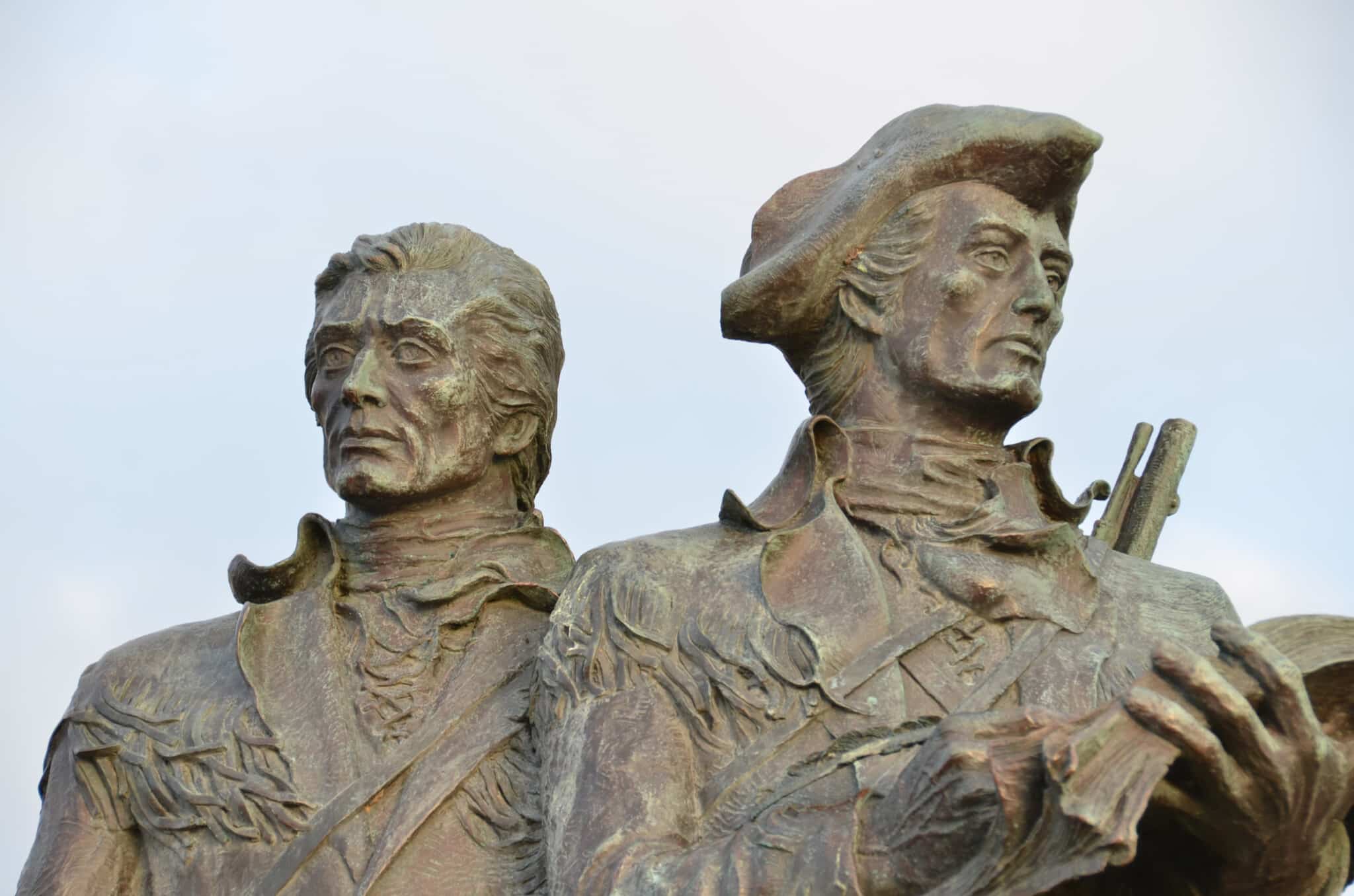


That was evidently true for Merriweather Lewis.
Between 1804 and 1806, Lewis and William Clark had undertaken the famous expedition to explore the United States’ newest acquisition, the Louisiana Territory. For two years, four months, and 10 days, they forged across mountains and rivers, crossed streams, and trekked through forests. (READ MORE: Bread and Circuses, Then and Now: America Mimics Rome’s Decline)
After traveling more than 8,000 miles to the Pacific Ocean and back to St. Louis, the travelers were praised for their courage and celebrated by the nation. President Thomas Jefferson even awarded Lewis with the governorship of the Louisiana Territory.
But when the parties faded, and the congratulations slowed, Lewis discovered that life continued on.
As it turned out, the governorship of the Louisiana Territory was a desk job — a soul sucker for the kind of man who prefers to tramp around in the wilderness rather than govern it. Additionally, it was simply impossible to please everyone, and Lewis tended to make more enemies than friends on the job.
Furthermore, Lewis and Clark’s expedition wasn’t exactly over when they arrived back on the eastern end of the U.S. They still owed a report and maps to the federal government, and Lewis was struggling to do the work to consolidate and publish the journals he had kept during the expedition. (READ MORE: The Democrat Party Hates America: The Book Every American Needs)
Meanwhile, back in Washington, D.C., Lewis’ critics were busy questioning how Lewis had used government funds when purchasing supplies for the expedition. They claimed that some of the purchases had been unnecessary — but if he were forced to pay for those purchases, Lewis would have been bankrupted.
So, in 1809, Lewis set out along the Natchez Trace trail in Tennessee en route to Washington, allegedly hoping to settle his debts. On Oct. 11, he stopped at Grinder’s Stand, a small log cabin inn. By some accounts, he had companions; by others, he was alone.
According to the testimony of the innkeeper’s wife, Mrs. Grinder, she heard several shots and later saw a wounded Lewis begging for water — allegedly, she was too frightened to give it to him. By morning, the 35-year-old was dead, apparently of bullet wounds to his head and stomach.
Most of his friends, knowing that he had been struggling with depressive bouts, assumed that it was suicide. Even Clark did not seem surprised when he received the news, writing, “I fear the weight of his mind has overcome him.”
But some disagree; they point out that the accounts surrounding Lewis’s death hardly agree and conclude that he may have been murdered either by roving bandits, his hosts, or perhaps a jealous politician — in fact, Lewis’ own mother was convinced he had been murdered. (READ MORE: Anniversary of a (Not Quite) Perfect Murder)
It’s probable that we’ll never definitively know whether Lewis died of suicide or murder. The explorer was buried in a national park in Hohenwald, Tennessee, and his grave was marked by a broken pillar — a sign of a life cut short.
This article originally appeared on Aubrey’s Substack, Pilgrim’s Way, with the title “A Life Cut Short,” on Oct. 9, 2023.
